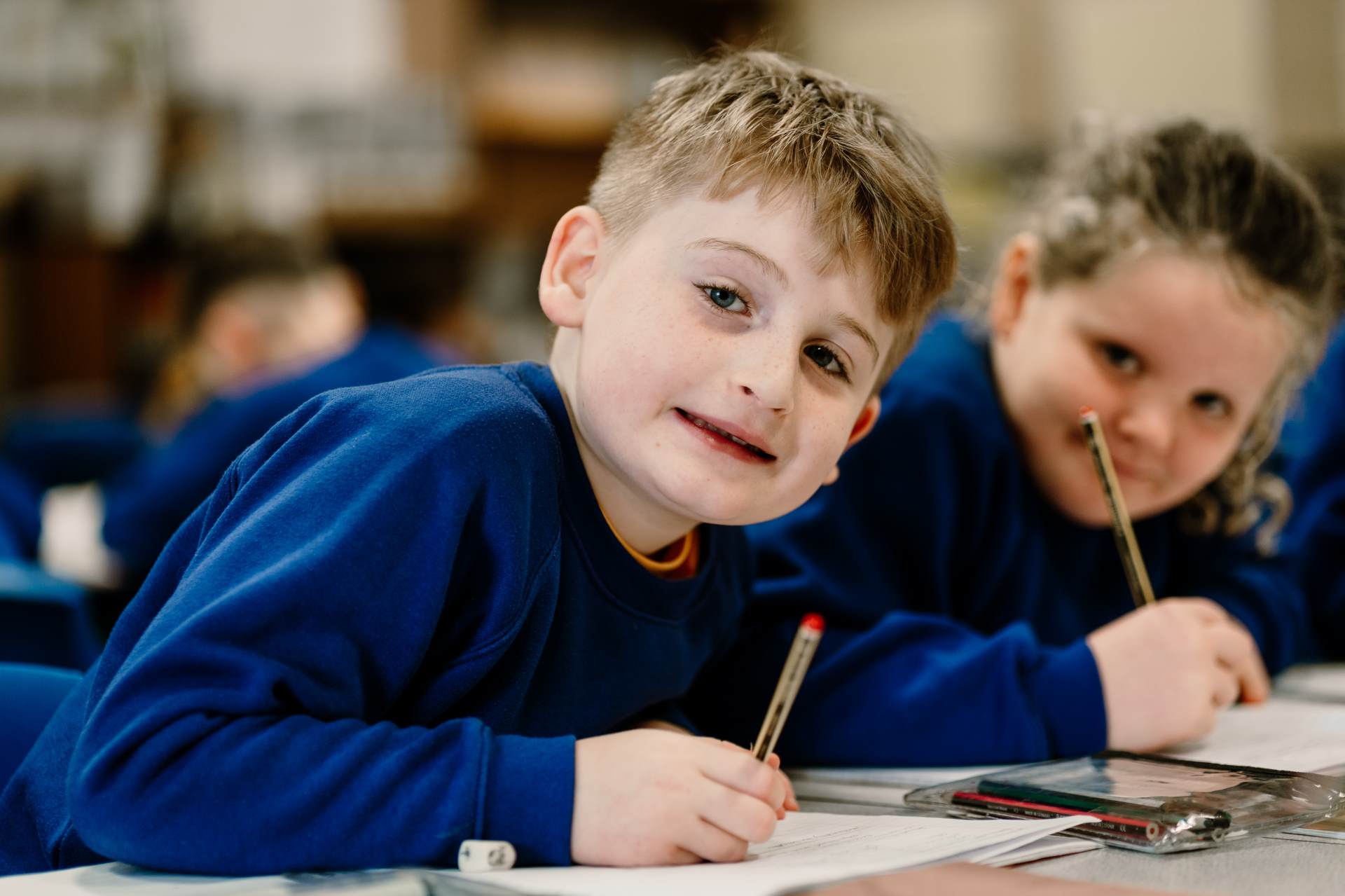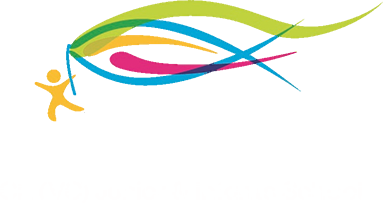History
Intent: Our Subject Vision
“The more you know about the past, the better prepared you are for the future.” - Theodore Roosevelt.
At Roberttown we are historians! We want our children to love history. We want them to have no limits to what their ambitions are and grow up wanting to be archivists, museum curators, archaeologists, or research analysts. We want them to embody our core values. The history curriculum has been carefully crafted so that our children develop their historical capital. We want our children to remember their history lessons in our school, to cherish these memories and embrace the historical opportunities they are presented with.

Implementation:
Our Approach
In Early Years the most relevant statements for history are amongst the ‘Understanding the World’ area of learning. In EYFS their focus is on history in living memory for the pupils, and be able to understand the past through books. Pupils in EYFS are taught history through a cross-curricular approach, organised into half-termly topics. In Key Stage One, in order for us to achieve a broad and balanced curriculum we organise History planning through projects whereby History is taught as a discrete lesson. In Key Stage Two History is taught as a stand-alone subject and is not taught through a project, however, class books or Literacy work may be linked to apply the pupils' historical skills and knowledge. As a school we provide children with opportunities for experiential learning through external visits, visitors, and practical activities such as the use of artefacts as stimulus, use of IT, role play, educational games, or simulations to enhance their learning.
Primary history helps pupils to:
- build knowledge of the history of Britain and the wider world and key historical concepts
- understand historical enquiry
- have knowledge and understanding of fundamental British values
History at Roberttown allows children to develop the following key skills: ask perceptive questions, think critically, evaluate evidence, and examine arguments. Purposeful and natural links to British values and discussions around being good UK (United Kingdom) and global citizens are threaded through the curriculum, particularly in history. Our history curriculum promotes the rich diversity of the world, Britain, and an appreciation of our locality. The area in which we live in is so rich in history it is a big focus to our history curriculum, such as the history of the Luddites and the mining industry. The local history aspect to our curriculum has a particularly theme running through; trade and industry.
Each year, the children will study at least one unit of local history, so that children have a deeper understanding of their own history and immediate local area. We believe that teaching local history makes history relevant to the lives of children and it gives them an improved sense of identity. As well as local history children will study significant events in British history that help children understand modern Britain, such as the impact of the Roman Empire. In addition to British history children will learn about the history of the wider world, and the legacy it left behind, such as the Ancient Greeks creating the first Olympic games, and their contribution to mathematics and democracy.
Our History curriculum at Roberttown has been carefully thought out alongside the Geography curriculum, as we believe that children will need prior learning for many aspects of the history curriculum, such as prior to studying the Mayans, children will have studied South America and rivers in Geography. The British history and World history curriculum in Key Stage Two has been organised into chronological order, starting with the Stone Age and Egyptians in Year 3, and finishing with Windrush and the Vikings in Year 6.


